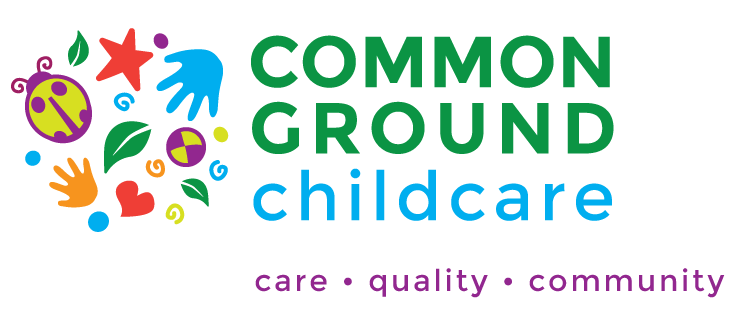Allergy Policy
Allergy Policy for Common Ground Child Care
At Common Ground Child Care, we are committed to ensuring the safety and well-being of all children, especially those with known allergies. Our allergy policy complies with Virginia state licensing standards and reflects our commitment to providing a safe environment for all students. This policy is also aligned with the corrective measures outlined in our Intensive Plan of Correction, implemented after the allergic reaction on August 18, 2023.
1. Identification and Documentation of Allergies
Upon enrollment, parents/guardians must provide a detailed list of any known allergies their child has, along with appropriate medical documentation and action plans (FARE card), including necessary medications (e.g., EpiPens).
A list of all children with known allergies will be posted in each classroom and in the food preparation areas. This list will be regularly updated and reviewed by staff.
2. Serving Order for Children with Known Allergies
Primary Approach: Children with known allergies will be served first when meals or snacks are distributed to help minimize the risk of cross-contamination.
Alternative Approach: If it is not feasible to serve children with allergies first, they must be served last to reduce their exposure to potential allergens.
3. Special Snacks and Treats
All ingredient lists for special snacks or treats must be checked by two staff members, including at least one member of the administrative team.
Any allergens in the ingredients will be identified, and staff will review the list of students who cannot consume the item. This information will be communicated verbally and in writing to all staff involved in food service.
Special snacks and treats will be served separately and after regular meals to reduce the risk of cross-contamination.
4. Food Allergy Training for Staff
All staff members will receive at least one hour of training specifically covering food allergies every two years during their employment.
Summer seasonal staff will receive specific food allergy training at the beginning of each summer they are employed. This training will emphasize the risks of allergens, safe food handling practices, and emergency procedures in case of allergic reactions.
5. Emergency Response to Allergic Reactions
Staff must be trained in recognizing the symptoms of an allergic reaction, including but not limited to hives, swelling, difficulty breathing, or anaphylaxis.
In the event of an allergic reaction, staff will follow the child’s individual emergency action plan, administer necessary medications such as epinephrine, and immediately call 911.
Parents/guardians will be informed as soon as possible following any allergic reaction and/or use of medication.
6. Prevention and Cross-Contamination Control
Surfaces and utensils used in the preparation and serving of food will be thoroughly cleaned and sanitized to prevent cross-contamination between allergen-containing and allergen-free foods.
Staff will use separate utensils and serving tools when handling food for children with allergies.
7. Parent Communication
Parents/guardians will be informed of any special snacks or treats brought into the classroom, and their approval will be sought if their child has a food allergy.
In cases where a substitute food item is needed, the child’s parent or guardian may be asked to provide an alternative that meets their dietary restrictions.
8. Ongoing Policy Review
This policy will be reviewed annually or as needed following any incidents involving allergic reactions to ensure that all necessary precautions and updates are in place.
This policy provides a comprehensive framework to ensure the health and safety of children with known allergies at Common Ground Child Care. The last review was done as of the date of publishing of this post with updates made on December 8, 2023.
